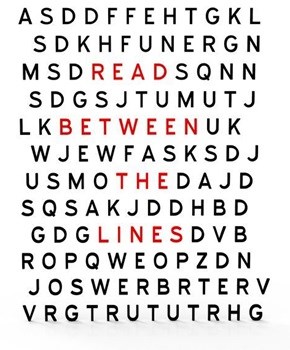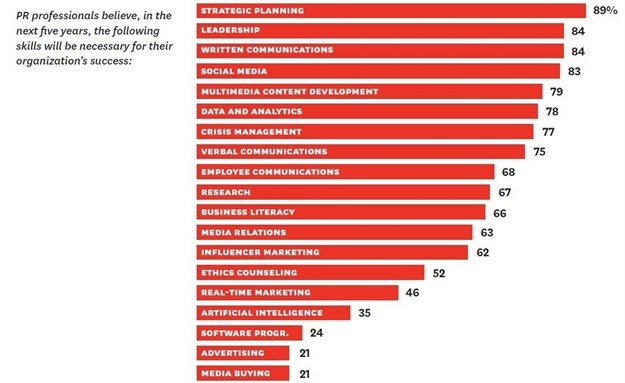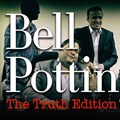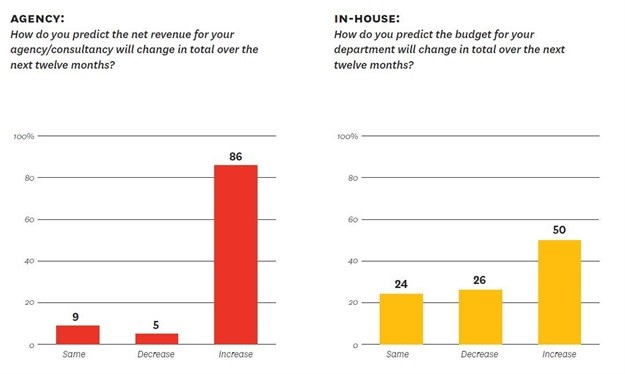The third annual Global Communications Report, a comprehensive survey of public relations leaders and students worldwide, has been released by the Centre for Public Relations at the USC Annenberg School for Communication and Journalism...
The third annual Global Communications Report, a comprehensive survey of public relations leaders and students worldwide, has been released by the Centre for Public Relations at the University of Southern California (USC) Annenberg School for Communication and Journalism.
According to the study, 64% of public relations professionals surveyed predict that in five years the average consumer will not be able to distinguish between news stories written by journalists (earned media) and promotional content purchased by an organisation (paid media). Furthermore, 59% believe the average person will not care if they can tell the difference between the two.
As traditional advertising revenue declines, media outlets are creating new sources of revenue through branded promotional content, which has blurred the historically clear-cut line between news and advertising – Fred Cook, director of the Center for Public Relations
This shift demands a higher level of transparency and media literacy from business and consumers respectively, he adds.
Ethics
42% of PR professionals believe the trend toward branded content is a potential ethical issue. An even greater number (52%) are concerned about the related, fast-growing practice of paying celebrities, YouTubers or Instagrammers to create content that promotes various products and brands. Not surprisingly, PR executives predict a decline of resources devoted to earned media over the next five years, as owned and paid media budgets continue to grow.
But these aren’t the biggest ethical issues the communications industry is facing. 92% of global communications executives cited fake news as the most challenging ethical threat to their profession, followed by the purposeful distortion of the truth (91%).
Daniel Munslow, director of MCC Consulting, says “2017 saw ethics become one of the most talked about challenges to face the communication profession. This was largely on the back on the Bell Pottinger scandal and the resulting impact it had on the credibility of the profession.”
Even though 55% of public relations executives cite working for controversial clients as a potential ethical issue, 82% believe that all individuals, organisations and governments have the right to PR counsel. However, 95% of those same communicators state they personally would not represent or work for certain organisations, individuals or governments due to ethical concerns. Tobacco (79%) and firearms (74%) top the list of industries they believe represent potential ethical issues.
“The debate around ethical conduct also carried over into a variety of crisis communication situations, where organisations’ responses were put under the spotlight. Stakeholders expect organisations to respond with truth and transparency in difficult situations, and any perception that a response falls short of that results in a potential loss of trust,” says Munslow.
Another interesting finding is around agency revenue predictions. While 86% of agencies believe their net revenue will increase in total over the next twelve months only 50% of in-house practitioners predict their budgets will increase in total over the same period.
Either way, interesting times ahead!
















